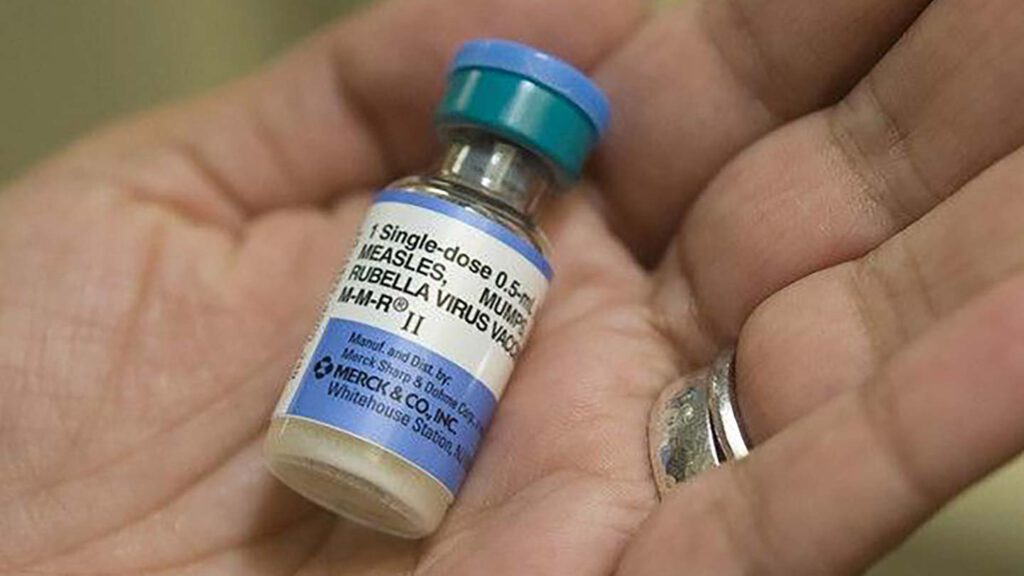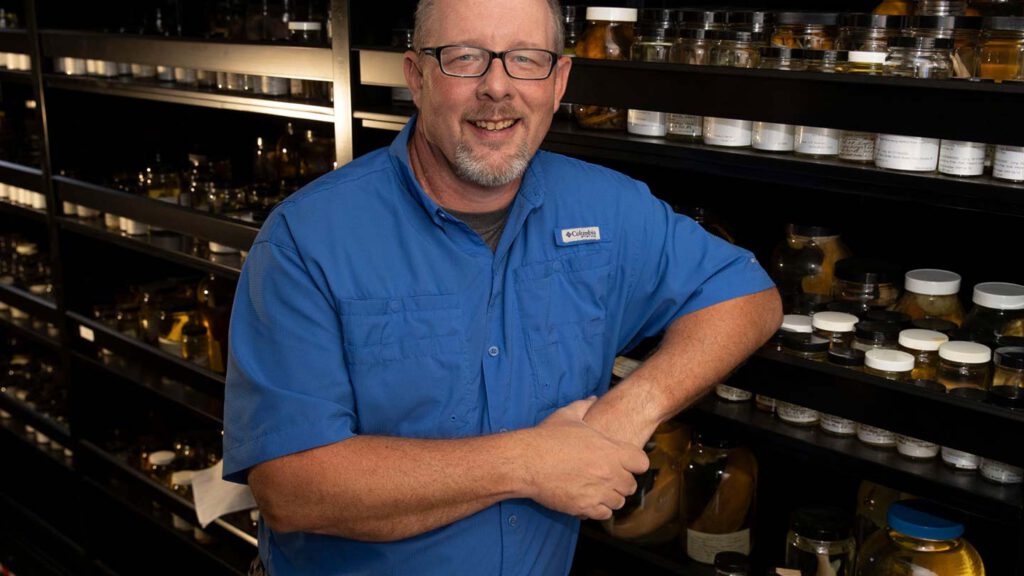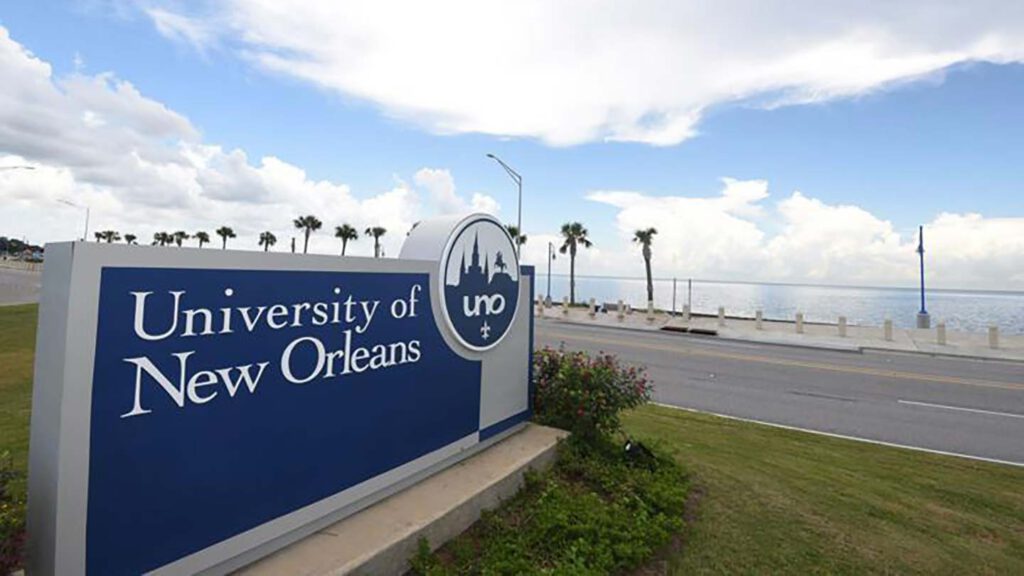News
Could measles vaccine protect some coronavirus patients? Tulane researcher aims to find out

Measles vaccine tested against coronavirus at Tulane Primate Research Center
The measles vaccine will be tested against coronavirus at the Tulane Primate Research Center in an effort to quickly investigate whether the decades-old vaccine might prevent the virus from turning deadly in hospitalized patients.
With the vaccine, researchers hope they can target what appears to be an often-fatal escalation of the immune system in coronavirus that results in rapid organ failure.
The vaccine, called MMR, consists of a live weakened strain of measles, mumps and rubella viruses. Its use has saved roughly 20 million lives between 2000 and 2015, according to a report from the World Health Organization.
The vaccine works by giving a person a mild infection, which the immune system fights off. This infection trains the body to remember how to respond in the future.
Researchers have proposed that vaccines such as the tuberculosis vaccine and perhaps the MMR vaccine may have other benefits besides training the body to recognize the specific vaccine targets. The vaccine may educate cells to become anti-inflammatory when an infection is introduced to the body.
In COVID-19 patients, an anti-inflammatory response to infection could stop the escalation that often kills hospitalized patients, the researchers said.
“We’re trying to induce a response that controls the sepsis, which is what kills people,” said Mairi Noverr, a professor at Tulane University School of Medicine who received a Fast Grant to study how the vaccine might help sick coronavirus patients. “In those who do get sick, we’re hoping this will serve as the stop-gap measure.”
Noverr typically studies fungal infections related to Candida albicans, the fungus that causes yeast infections, not viruses.
Her research led her to study how the measles vaccine affects how mice handle induced sepsis, one of the most common causes of hospital deaths.
Sepsis is caused by an infection that triggers the immune system to go haywire. As a result of the overreaction, the body starts to self-destruct, causing a domino effect of multiple organ failure.
Sepsis was the most common complication for coronavirus patients in a small study published in The Lancet reviewing coronavirus patients in China. Of those who died, 100% had sepsis. Of those who survived, 42% experienced sepsis.
In Noverr’s mice, inducing sepsis causes imminent death, usually in 48 hours. But mice given the MMR vaccine seem to be able to fight off its effects.
“They are completely unaffected,” said Noverr. “They don’t even look sick at all.”
Once information about who COVID-19 was affecting came out in early 2020, she noticed children were largely spared.
“I thought that perhaps the reason why children were more protected in early stages of COVID was the fact that they get these vaccines,” she said.
Right now, the vaccine as protection against the escalation of the immune system is just a hypothesis. Other vaccines, such as the Bacillus Calmette-Guerin, or BCG, tuberculosis vaccine, are also being studied.
“There’s a fair amount of data to suggest the BCG vaccine could plausibly protect you against other viruses,” said Dr. Jennifer Philips, an infectious disease specialist at the Washington University School of Medicine in St. Louis who was not involved in the proposal. “For MMR there is less data. They’re trying to make an argument based upon correlation, so it has to be tested.”
Noverr received $200,000 from Fast Grants, the new charity mostly funded by Silicon Valley executives that aims to fast track scientific research, which typically takes up to a year to get approved. Fast Grants approve applications within 48 hours.
Noverr stressed that it is still a hypothesis and that the MMR vaccine does not protect against the disease itself — just the response to the disease that often leads to death in the sickest patients.
“I was worried people would overinterpret and think, ‘I’m protected and I can do whatever I want.’ There is no data yet to back up this idea,” Noverr said.

